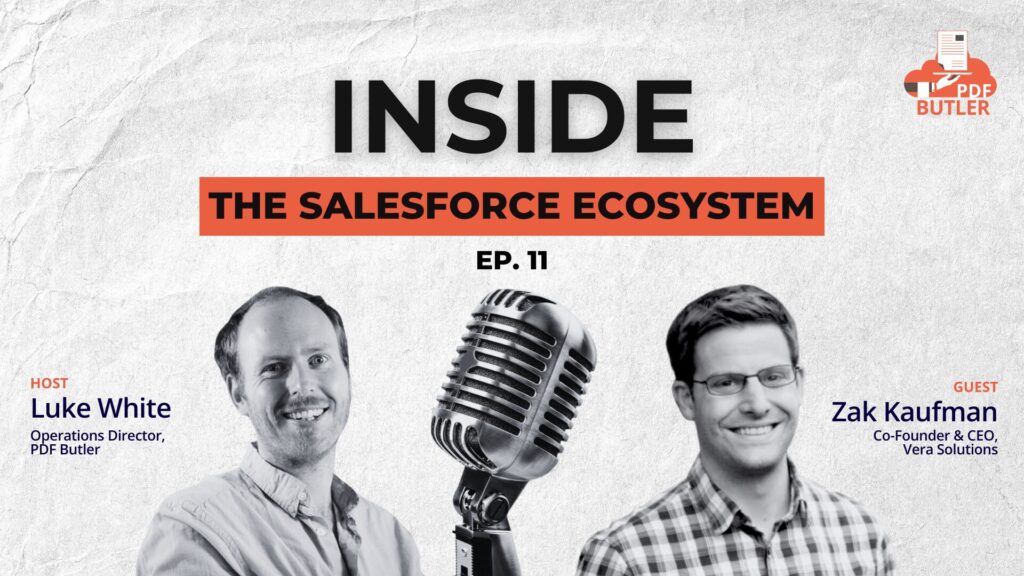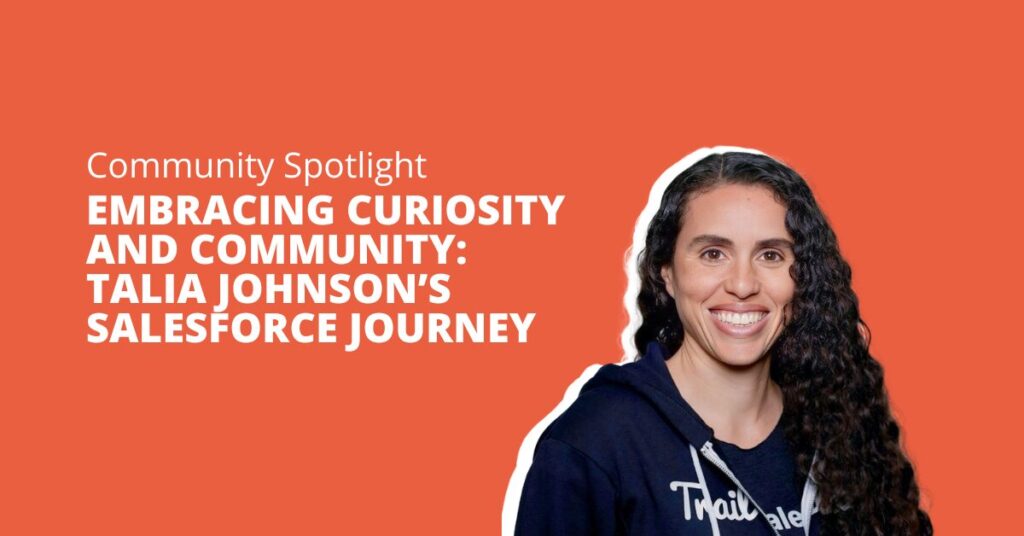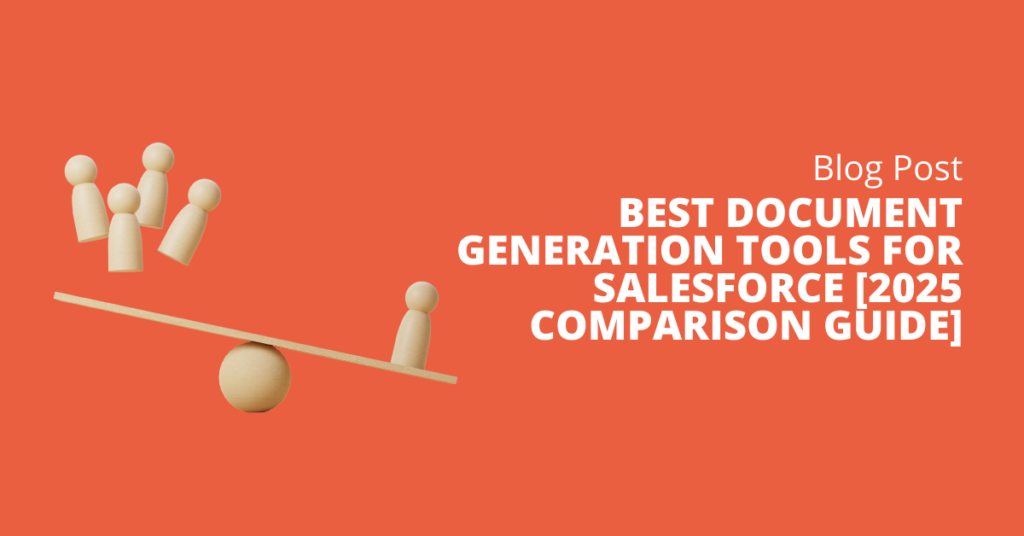Welcome to Inside the Salesforce Ecosystem, where we dive deep with the leaders, experts, and innovators shaping the future of Salesforce. I’m your host, Luke White, and in every episode, we explore the unique journeys, challenges, and insights of those driving success within the ecosystem.
Zak Kaufman is co-founder & CEO of Vera Solutions, an award-winning social enterprise and Certified B Corporation, using technology to help social sector organizations track impact and streamline operations.
He has worked for 16+ years at the intersection of the social sector and tech, leading program evaluations in Southern Africa and Latin America and architecting M&E, grant management, and program management systems for 80+ funders and implementers. With 145+ staff across five continents, Vera has been recognized as a Top Impact Company, a top Salesforce partner, and a leader in Tech for Good.
Let’s get started!
Q: Can you share a bit about yourself? Where did your professional journey start, and what eventually led you to co-found Vera Solutions?
Zak: My journey started in 2006 as an accidental Salesforce admin at a nonprofit doing adolescent health work across sub-Saharan Africa. I managed their fundraising database and got familiar with the early Nonprofit Success Pack. Later, in South Africa, I focused on impact measurement. We had good systems for fundraising but were lacking in program data tracking.
In 2008, I had the idea to leverage Salesforce to track programs and participants, creating feedback loops across the organization. It changed the way we operated, giving everyone visibility into targets and outcomes. Other organizations took notice, and initially, we consulted within our NGO. Eventually, we spun off Vera as a B Corp in 2010 and have since supported over 430 organizations globally.
Q: Vera Solutions is all about using technology to help social sector organizations track impact and streamline operations. What was the initial vision when you started, and how has it evolved?
Zak: Like any good system, it needs to evolve as organizations evolve. We approach solutions with a flexibility-first mindset, ensuring systems don’t become stuck.
Our vision hasn’t changed: we aim to amplify the impact of the social sector through technology, pushing for a sector driven by data, accountability, and transparency. Over the years, we’ve expanded from grassroots organizations in Africa and South Asia to working with large international NGOs, UN agencies, and government bodies, contributing across all sustainable development goals.
Q: What’s Vera’s approach on how AI can really help, especially the NGO sector?
Zak: In January, we launched the first nonprofit industry Agentforce app, extending AMP Impact for impact measurement and reporting.
The opportunity around generative AI lies in time-saving and consistency with repetitive tasks. AI might not finish a task 100%, but it can get 50-60% done quickly, leaving humans to finalize it. We’re also using AI ourselves with a chatbot trained on our AMP Impact knowledge base and support tickets to help our support team quickly address client questions.
Q: What are some of the biggest challenges nonprofit organizations face when it comes to managing data and measuring impact?
Zak: I’d probably boil it down to three challenges.
The first is not asking the right questions or not collecting the right kind of data.
The second is asking the right questions and collecting the right data, but the systems are holding you back.
The third is asking the right questions and having good systems but not getting the data back into decision-making. You’ve got a ton of data sitting in your Salesforce or your M&E system, but the reports aren’t getting in front of the people who are making the decisions — who are, you know, directing the programs. Or maybe they’re not trained to use it in that way.
And so there’s a real need to build data cultures within organizations, where staff understand the value of data, they know how to use it, and they’re empowered to make decisions based on it.
Q: What’s one nonprofit or social enterprise where you saw a real transformation after working with Vera?
Zak: There are many, but one I often mention is Aga Khan Foundation. They operate in 18 countries, tracking 80+ indicators across various sectors like education, health, and early childhood development. AMP Impact helped them consolidate their data into one central source of truth, allowing them to track progress across countries and themes.
Other examples include the Elton John AIDS Foundation, which uses AMP Impact to report HIV testing and treatment metrics globally, and grassroots organizations in Kenya like Shining Hope for Communities, which transitioned from spreadsheets to a robust data system. These changes helped them unlock new funding and partnerships by having reliable, centralized data.
Q: What factors helped Vera Solutions scale as a mission-driven organization?
Zak: A big part of it is building a strong, mission-aligned team. Many of our team members come from the nonprofit sector themselves. That background helps us design user-friendly products and speak the language of our clients.
Being mission-driven also attracts talent who aren’t just looking for a paycheck but want to contribute meaningfully. For us, it’s part job, part calling. We’ve also benefited from great advisors and partners — because success isn’t just about going fast, it’s about going far together.
Q: What could be improved in the Salesforce ecosystem to better support nonprofits?
Zak: Well, there’s been a lot of change in the nonprofit part of the Salesforce ecosystem, and while some of it brings benefits like better integration with other industries, we’ve lost a bit of that strong, nonprofit-focused identity and collaborative spirit. It used to feel like we were all pulling toward the same goal.
I’d love to see a renewed focus on nonprofit-specific needs rather than treating it as just another vertical.
Q: Any advice for aspiring social entrepreneurs?
Zak: “If you want to go fast, go alone. If you want to go far, go together.” I think it applies really well in social entrepreneurship.
The point is, surround yourself with a strong team: co-founders, advisors, and partners who complement your strengths.
Build relationships where 1 + 1 = 3. That’s how we’ve achieved so much at Vera — including our partnership with PDF Butler.
Q: What do you do outside of work to recharge?
Zak: First and foremost, I’m a dad. I have a 4-year-old daughter that definitely gets my mind away from work.
I’m also a distance runner and run coach. I recently ran the Valencia Marathon, and I’m training for Rotterdam now. I think having at least one kind of hobby or activity that you can kind of pursue outside of work that pulls you away and just gives you a little bit of space. Running is so great for that. Cycling, swimming, or whatever it may be, there are health benefits to it, but then there are also huge mental health benefits to it.



